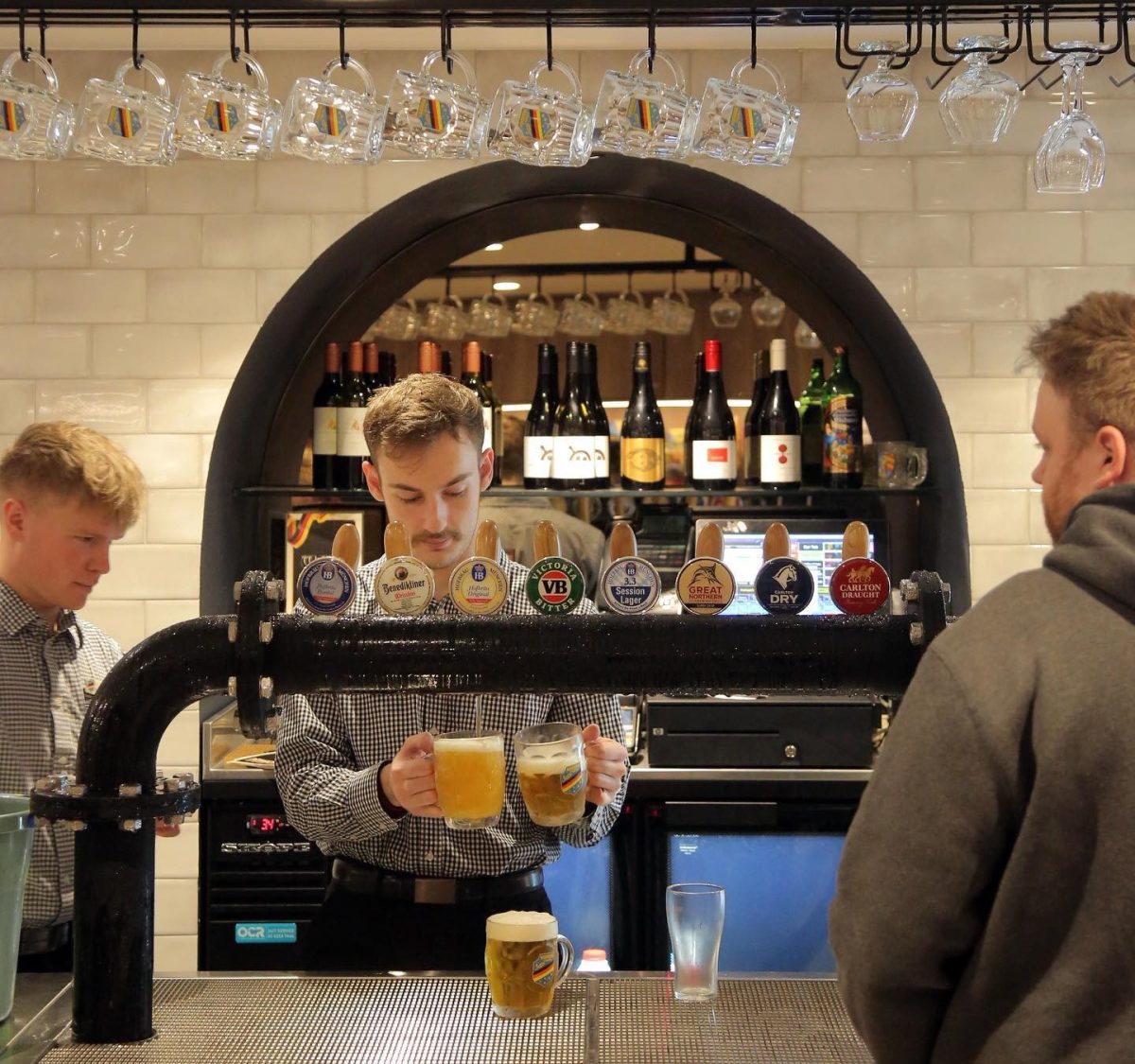
Canberran clubs say hospitality staff working in multiple jurisdictions shouldn’t spend extra time and money on bridging courses. Photo: Queenies.
The hospitality industry is home to one of the most mobile workforces in Australia. It’s a great opportunity to work while travelling the country, especially along the east coast, where snow and surf seasons rule tourism.
But there’s a problem affecting the ability of trained hospo staff to earn while they travel. The certificate they need to work in licensed venues isn’t the same in every state and territory.
A Responsible Service of Alcohol (RSA) certificate is required just to be on shift in a place that serves alcohol, whether it’s a bar, casino, hotel or restaurant.
But since there is no national standardisation, an RSA valid in one jurisdiction may not be in the next unless a bridging course is completed first.
CEO of Clubs ACT, Craig Shannon, says this directly affects locals who want to move between the ACT and NSW for work.
“To work in Canberra with a NSW certification, you have to complete a ‘refresher’ course every three years, despite your RSA being valid over the border for five,” he says.
“We are surrounded by NSW and our hospitality workers are very mobile. It doesn’t make sense that the ACT and NSW have two different sets of rules.
“If you want to work in NSW, you must hold an RSA specific to the state. This means many skilled cross-border staff are forced to hold two current RSAs, or complete a bridging course in NSW to allow for work under their ACT certificate. Both options come at considerable personal expense.”

Harmonie German Club runs a popular two-day festival in Queanbeyan each year to celebrate Oktoberfest. Photo: Harmonie German Club.
Clubs ACT is currently calling for a national RSA qualification with consistent duration and competencies. Craig says a single standard for all Australian jurisdictions is what the hospitality sector really needs.
“We seek the support of Clubs Australia for a standardised five-year RSA qualification, to be recognised nationally with no additional units applied,” Craig says.
“This is a simple issue and thus a simple fix. It is ridiculous that variations in vocational training qualifications have been allowed to impede the free movement of employees across states and territories for so long.
“This impediment affects hospitality businesses and events organisers who rely on mobile workers, directly contributing to the staffing crises seen nationally.”
Harmonie German Club is one such organiser. The Narrabundah club hosts its annual Oktoberfest festival in nearby Queanbeyan (NSW), so has seen its fair share of RSA-related roundabouts.
“Lack of experienced staff is the number-one issue for hospitality venues all over Australia,” says Harmonie’s CEO, Paul Berger.
“It is very difficult finding NSW-qualified staff for bar service. We are also forced to ship platoons of qualified security guards at astronomical costs, as their registration is state-specific.
“A nationally reconciled system would help the industry enormously … you should not need to be locally qualified to serve drinks, operate gaming, and attend to crowd management and security tasks.”
As a national city, Canberra regularly fields interstate and international tourists seeking part-time employment. The question remains: will local hospo workers ever have a national certification?
Established in 1974, ClubsACT is an industry association recognised by the ACT Government and its agencies as the principal representative for the ACT club movement.














